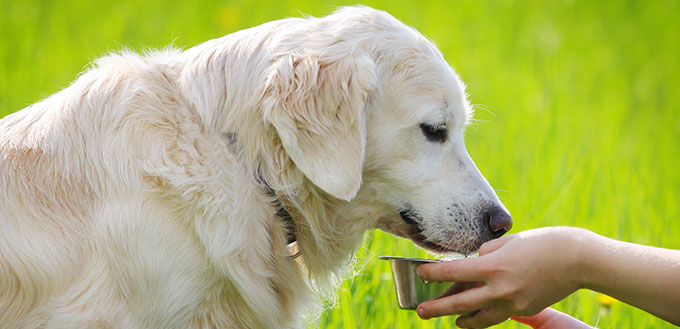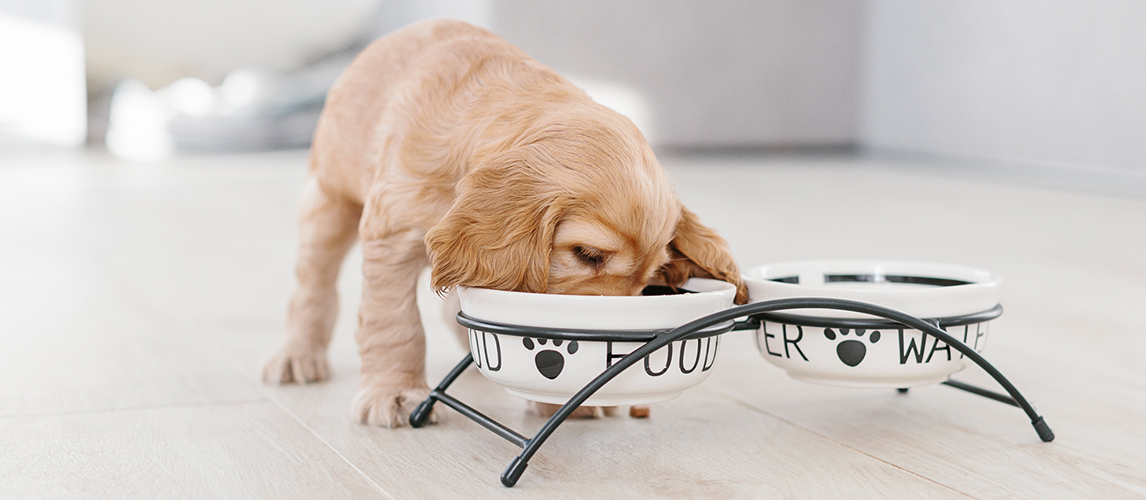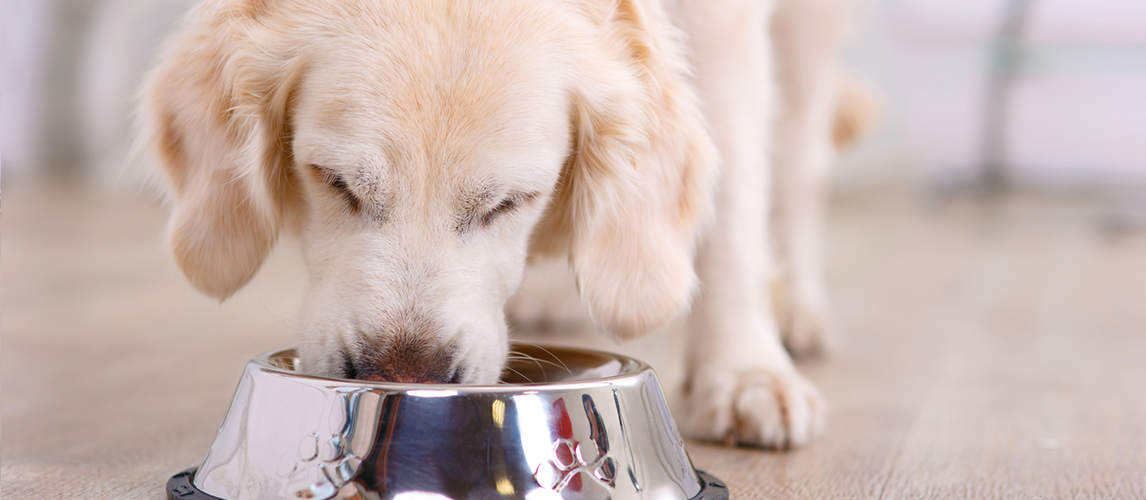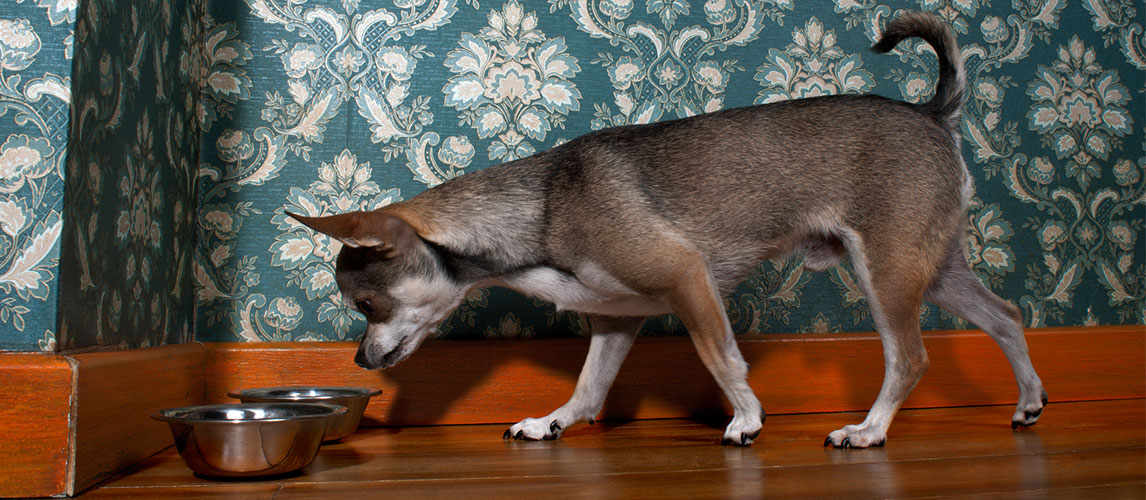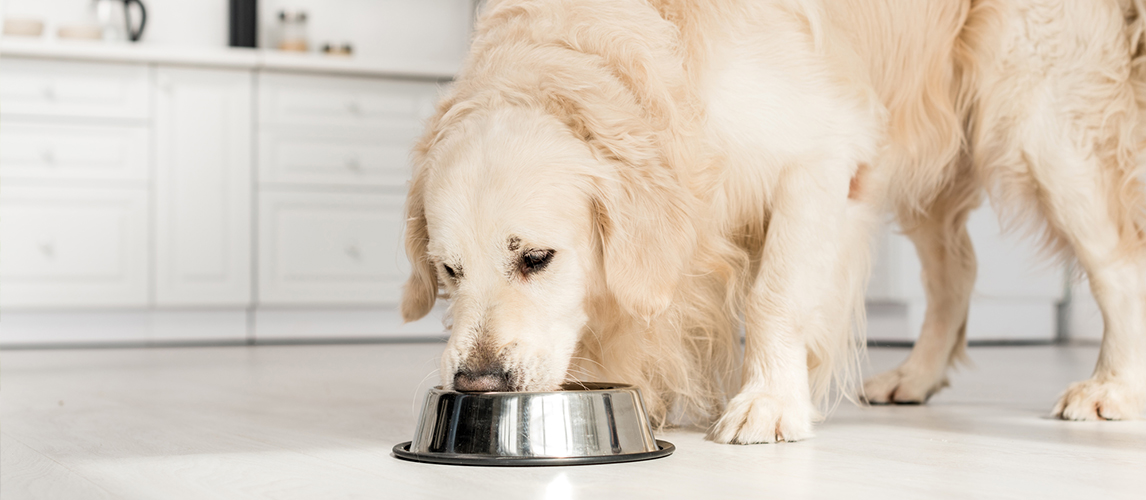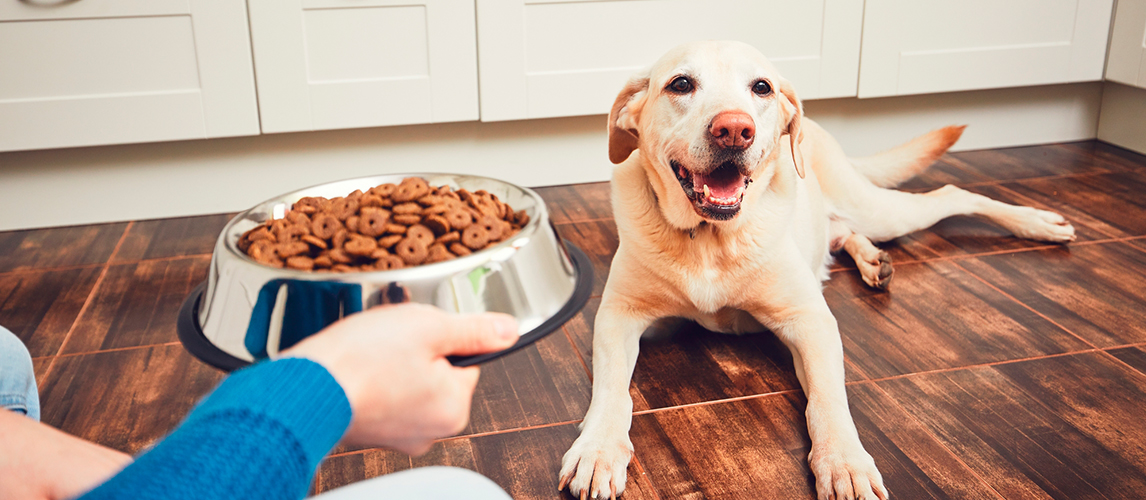If you have a pregnant dog, it is essential to feed them a nutrient-dense and healthy diet. You want to ensure that the nursing dog is well-nourished and getting the right amount of vitamins and minerals to ensure her health and that of her pups. It’s essential that her energy levels are retained and her nutritional requirements are met. If your dog is nursing, you should always be in consultation with a licensed vet. They will advise you on your pup’s pregnancy and the necessary medical and nutritional support needed. However, part of caring for a mother before she gives birth is ensuring that she ingests the appropriate food intake. You want to keep those energy levels up and ensure that she feels healthy and well. Let’s look at some important factors when it comes to diet for a pregnant dog. If the pregnant mother is malnourished and not properly cared for it will hinder hear health and that of her puppies. Her health is of optimal importance if you want a healthy mother and healthy pups. Read our guide and chat to your vet and in no time you’ll be a pro when it comes to caring for your pregnant pooch.
Homemade Food For a Nursing Dog
Many pet owners opt to make their dogs homemade food. Rather than buying store-bought pellets that might not be regulated, they choose to fill their dog’s diet with high-quality protein, fiber and vitamin dense vegetables, and healthy sources of fat. You want to keep your dog at a healthy weight and you want to avoid them gaining excess fat (which can lead to diabetes and other medical ailments), all the while ensuring that she and her pups get enough nutrients. It is thus a fine line between feeding enough and overfeeding. Both underfeeding and overfeeding can cause problems and thus balance is key. Dogs can gain between 15 and 20 percent of their body weight during pregnancy and are usually pregnant for about 62 days. In human terms, this might not seem like a long time and translates to just over 8 weeks, but a lot of changes happen to your dog during their pregnancy and what you feed them will impact their overall health. Nutrition is key for a healthy pregnancy and feeding pregnant dogs.
Diet For a Pregnant Dog: Nutrition is Everything!
When feeding your dog you want to opt for home-cooked or vet-approved food that is void of harmful ingredients including flavourants, colorants, preservatives, grains, gluten, and more. A lot of shop-bought kibble is filled with harmful fillers that will result in a dog feeling full but won’t offer them any nutritional value. Some key things to look for in pregnant dog food include:
- High-quality protein: High-quality protein is essential for healthy development and should be void of chemicals and artificial hormones. Organic is always best.
- Calcium and phosphorous: This is important for the mother’s production of milk and optimal bone development in her pups.
- Good-quality fats: This is essential for proper development and to make her fuller for longer. Healthy fats in the form of salmon oil are also a great source of omega 3 and can support skin and coat health, cognitive functions, and overall immunity and wellbeing.
- Enough calories: It is estimated that a pregnant pup might need 4 to 6 times the energy of a dog who isn’t pregnant and thus diet is paramount to ensuring that they remain healthy and have enough energy.
If you’re looking at homemade food for nursing dog, be sure to include all of these components and chat to your vet about any supplementation or medication that might be needed.
Related Post: Supplements for Pregnant Dogs
Implications of malnourishment in a pregnant pup:
Malnourishment is very dangerous and can even lead to death. Some problems that might ensue if your pregnant pooch is not given enough quality food or nutrition might include;
- hindered immunity which can lead to illness,
- mother dog might not be able to produce milk or enough milk and this can lead to a number of problems; and
- if not given enough nutrients, pups may develop ‘fading puppy syndrome’ whereby they lack proper coordination, eating skills, and cry often. Many of these pups will not survive. Healthy milk production is essential to puppies and their survival. Once they have weaned off their mother’s milk you will need to invest in high-quality, vet-approved puppy food. Nutrition is thus essential for proper milk production.
- Lots of drinking water: You also want to ensure that your pup has ample amounts of fresh water. It is super important that they keep hydrated.
Related Post: Dog Water Fountains
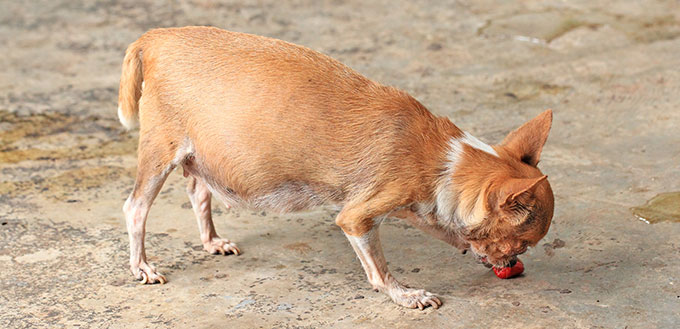 Thus, it is imperative that your dog gets adequate nutrition and enough calories when she is pregnant. This will ensure a healthy pregnancy and ensure that her puppies are healthy. While they will also need great quality puppy food down the line, they need to be nursed and get their nutrition from their mother’s milk. Puppies will usually be fully weaned off their mother’s milk at about 8 weeks and the weaning process might begin when they are about 5 weeks. Pregnancy in dogs can seem overwhelming if you have never dealt with it before and this is why you get an expert opinion at your vet. Consult them on everything that needs to be done and in a few weeks, you’ll be an expert when it comes to caring for your pregnant pup and her puppies.
Thus, it is imperative that your dog gets adequate nutrition and enough calories when she is pregnant. This will ensure a healthy pregnancy and ensure that her puppies are healthy. While they will also need great quality puppy food down the line, they need to be nursed and get their nutrition from their mother’s milk. Puppies will usually be fully weaned off their mother’s milk at about 8 weeks and the weaning process might begin when they are about 5 weeks. Pregnancy in dogs can seem overwhelming if you have never dealt with it before and this is why you get an expert opinion at your vet. Consult them on everything that needs to be done and in a few weeks, you’ll be an expert when it comes to caring for your pregnant pup and her puppies.
Perhaps most essential of all is to give your pup loads of TLC. Pregnancy isn’t an easy process and it important that they feel relaxed, comfortable, and calm. Make them a snuggly bed with warm blankets and soft cushioning and be sure to give them love and cuddles every single day, during their pregnancy and afterwards. You want your pup to feel safe and secure as anxiety and stress can cause harm too. Snuggle time is thus important and lots of love should be given alongside a healthy diet.
Sources:
- Jennifer Coates, DVM, Feeding During Pregnancy and Lactation, PetMD
- Krista Williams, BSc, DVM, Feeding the Pregnant Dog, VCA
Note: The advice provided in this post is intended for informational purposes and does not constitute medical advice regarding pets. For an accurate diagnosis of your pet's condition, please make an appointment with your vet.


